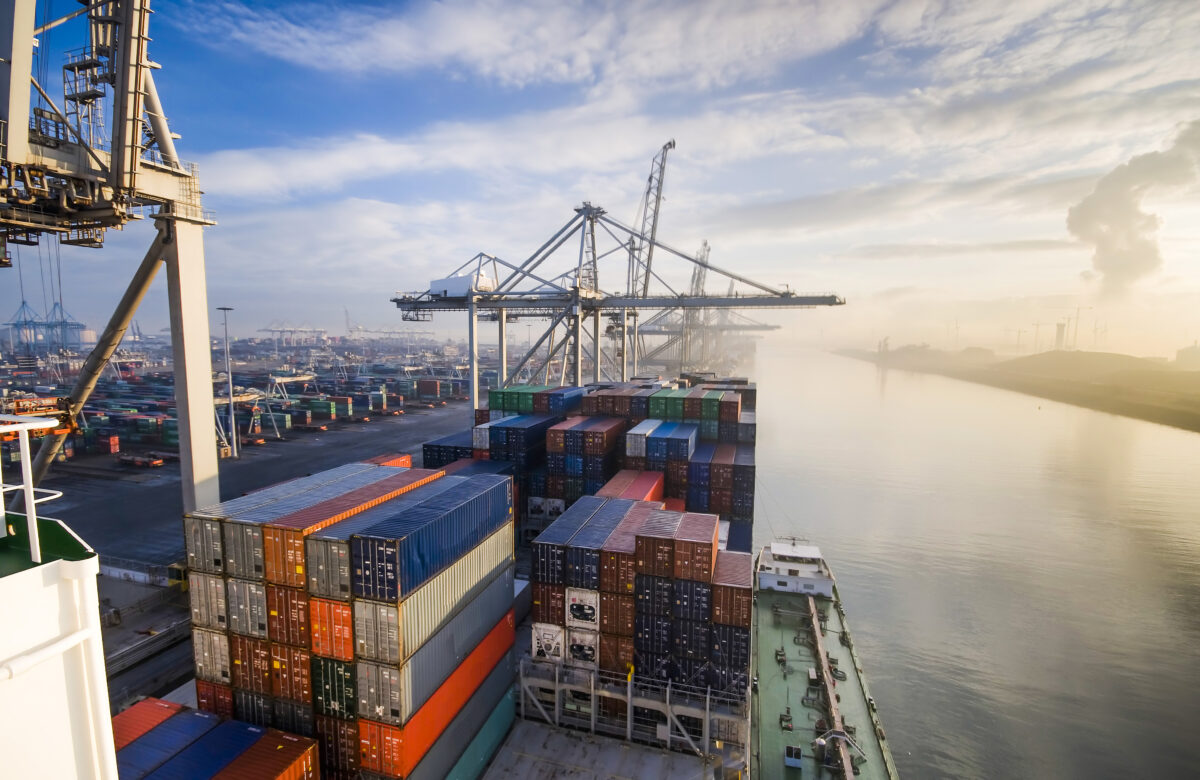The European Union concludes its first free trade agreement with a developing country after more than two years of negotiations. Companies will therefore benefit from reduced tariffs and the exemption from trade restrictions in the future.
Abolition of duties on trade with Vietnam
A key element of the Free Trade Agreement is that the corresponding duties are almost completely (up to 99%) abolished. Tariffs will continue to apply only to a few products.
Customs duties for European products in Vietnam will be largely abolished with the entry into force of the Free Trade Agreement.
However, for the import of Vietnamese products into the European Union, individual tariffs will be phased out over the next 10 years. For example, car parts will only be exempted from customs duties within seven years of the entry into force of the Free Trade Agreement with Vietnam.
In the textile sector, too, tariffs on Vietnamese products will only be phased out. This is particularly true because cheap Chinese products must be prevented from entering the European Union via Vietnam. In this respect, it is to be expected that, particularly in the textile sector, customs will closely examine whether the proofs of origin are also accurate.
Elimination of trade barriers to European exports to Vietnam
The Free Trade Agreement with Vietnam also agreed to remove trade barriers to European exports. This applies in particular to the automotive industry.
Vietnam also accepts the indication of origin “made in EU” for non-agricultural and non-pharmaceutical products.
Participation of European companies in public tenders in Vietnam
The Free Trade Agreement also stipulates that European companies in Vietnam may participate in the award of public contracts, for example with Vietnamese ministries, particularly in the area of infrastructure.
Take advantage of trade simplifications
In this respect, the FTA is an important step for all EU entrepreneurs who want to strengthen their business activities in Vietnam. Especially in the pharmaceutical, chemical, automotive, motorcycle, textile and machinery industries, these companies will benefit from the free trade agreement with Vietnam.
However, the final free trade agreement will only be negotiated in detail after the summer break. Only then can companies reliably assess to what extent their products will benefit from the free trade agreement.
For more information, please visit the European Union website.
Dieser Artikel wurde am 10. August 2018 erstellt. Die fachliche Zweitprüfung hat Rechtsanwalt Dr. Tristan Wegner durchgeführt.

